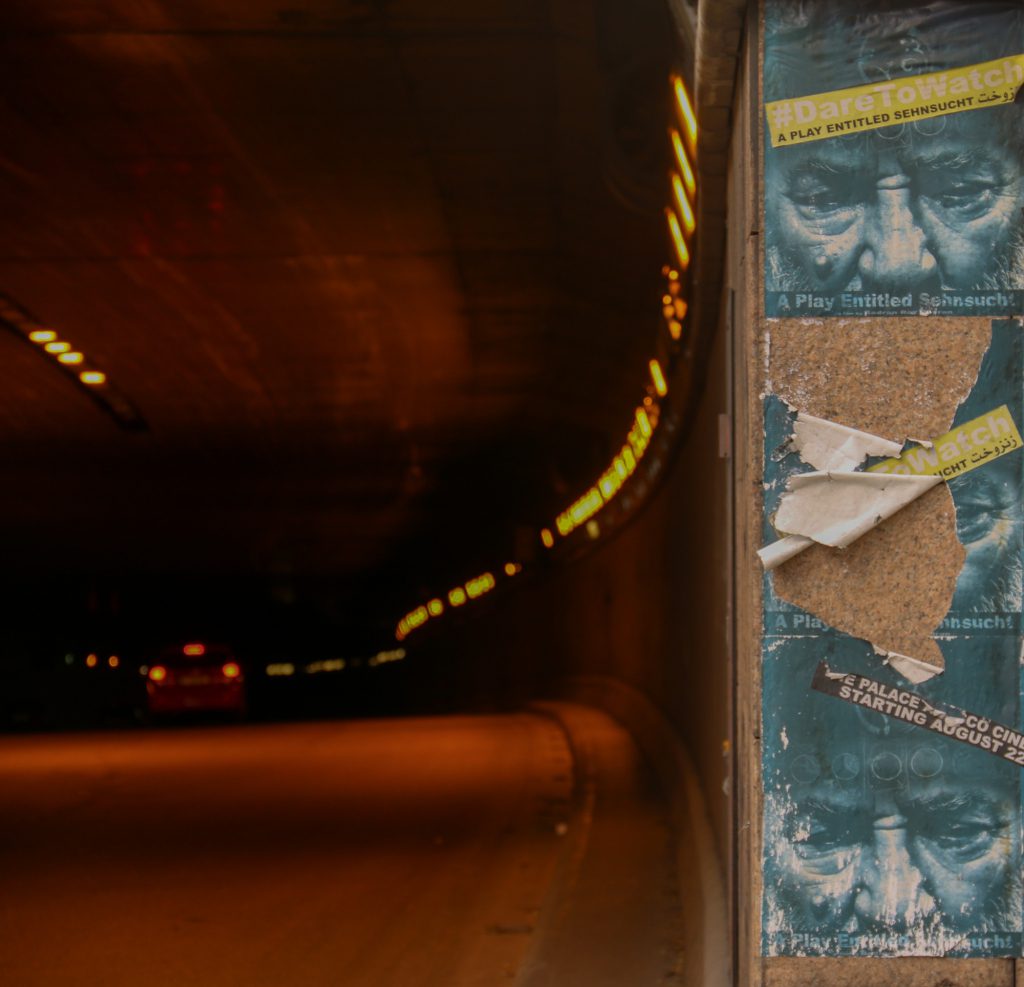As Lebanon ends its two weeks of national lockdown, the number of COVID-19 cases is still on the rise and many are not complying to the safety precautions set in place by officials.
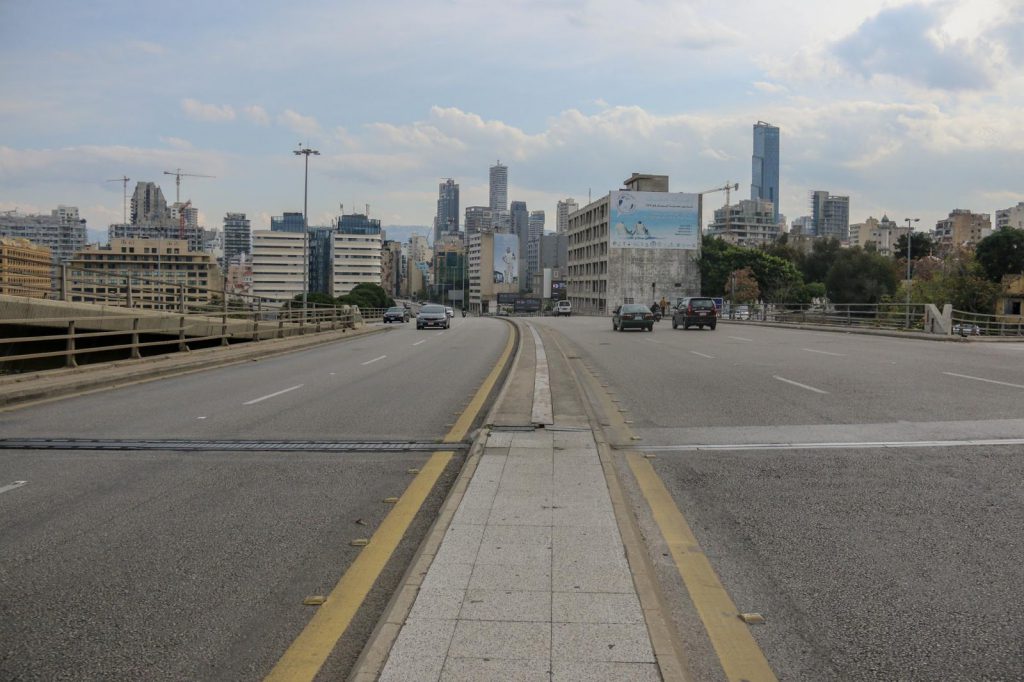
Yesterday night, caretaker Health Minister Hamad Hasan announced that restrictions will be gradually eased starting today, with restaurants opening at 50 percent capacity, weddings prohibited, and the overnight curfew shortened between 11 pm and 5 am.
Local residents have expressed mixed feelings in regard to the national lockdown amidst the severe economic and financial crises the country is witnessing.
Lebanon has recorded more than 125 thousand cases of COVID-19 in total and hospitals had reached critical intake capacity prior to the lockdown. According to Hasan, hospital bed occupancy “now stands at 65 to 70 percent” rather than 80 to 90 percent.
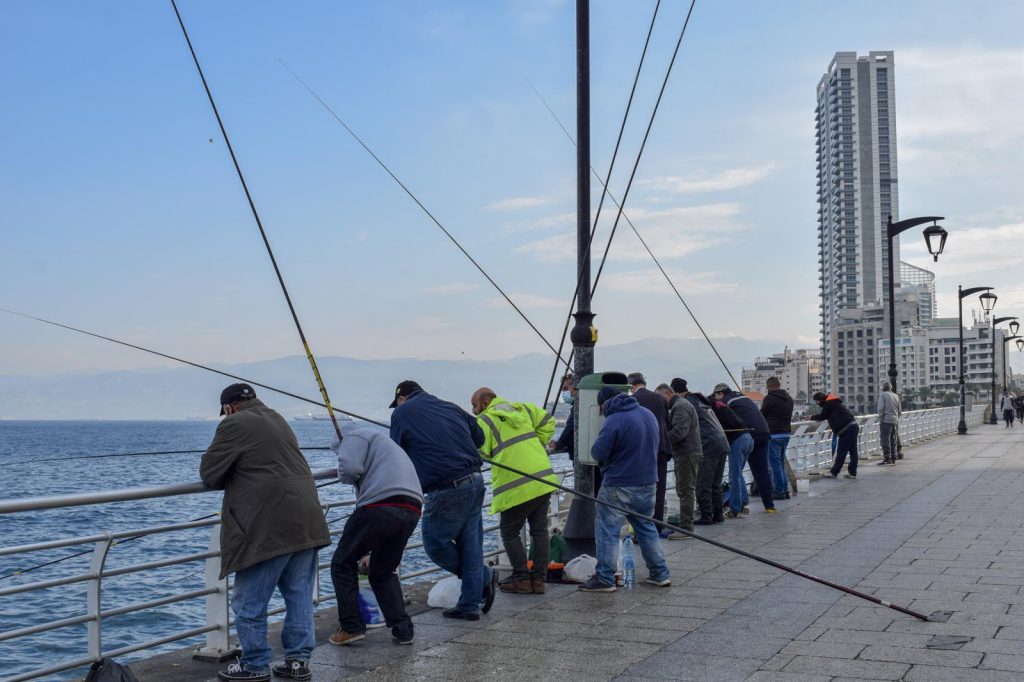


The national lockdown decision included the odd and even plate decision, restricting the movement of people and forcing them to use public transportation.
“I am using public transportation three days per week, because of the plate restriction decision, and this makes me more subjected to the coronavirus,” said Yazan Kabbout, who works as an architect in Beirut.
Internal Security Forces announced yesterday that it recorded and issued fines for 36,611 violations of the general mobilization measures put in place to limit the spread of COVID-19.



“The lockdown must be a minimum from four to six weeks, and the WHO recommended a full lockdown for six total weeks,” said Randy Issa, who is part of the Independent Lebanese Committee for the Elimination of COVID-19 (Zerocovid) initiative dedicated to ending the virus in Lebanon. “Additionally, a full lockdown means the closure of all businesses without exceptions, allowing only pharmacies and grocery stores to open.”
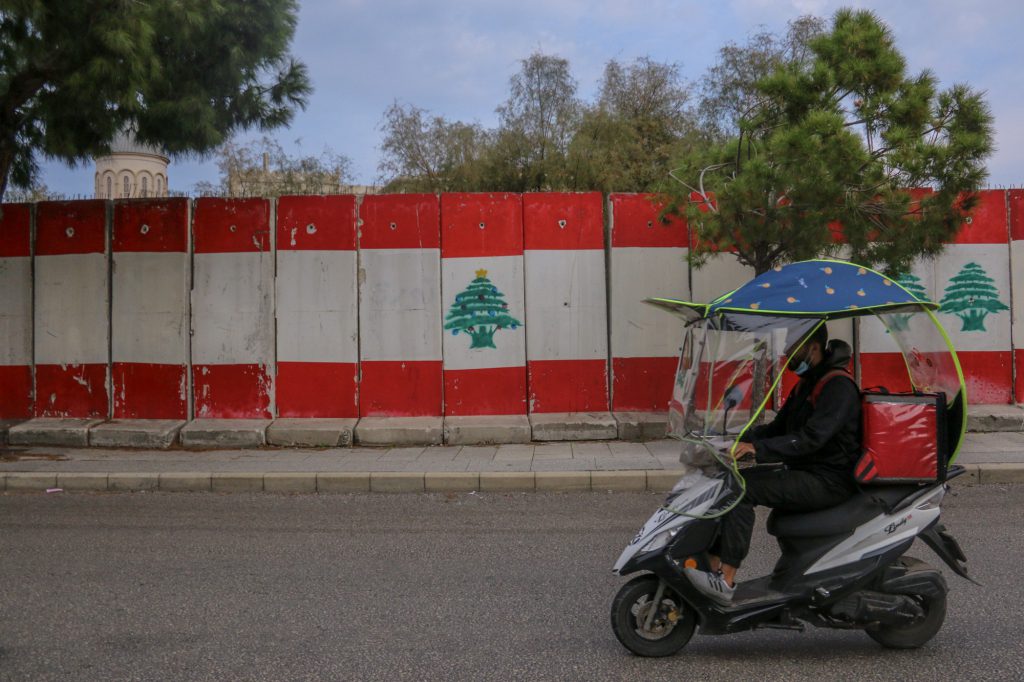


“Lockdowns should be done in order to track and place the source of the virus and where it is widely spread, and this is not implemented in Lebanon,” added Issa.
The Zerocovid initiative has put together a full strategy to end the novel coronavirus by implementing three phases, starting with a short-term strategy that implies a four to six weeks national lockdown in order to trace the virus and limit its spread.
The economic crisis, however, stands in the way of securing an emergency social safety net to support people directly by covering the costs of the lockdown.
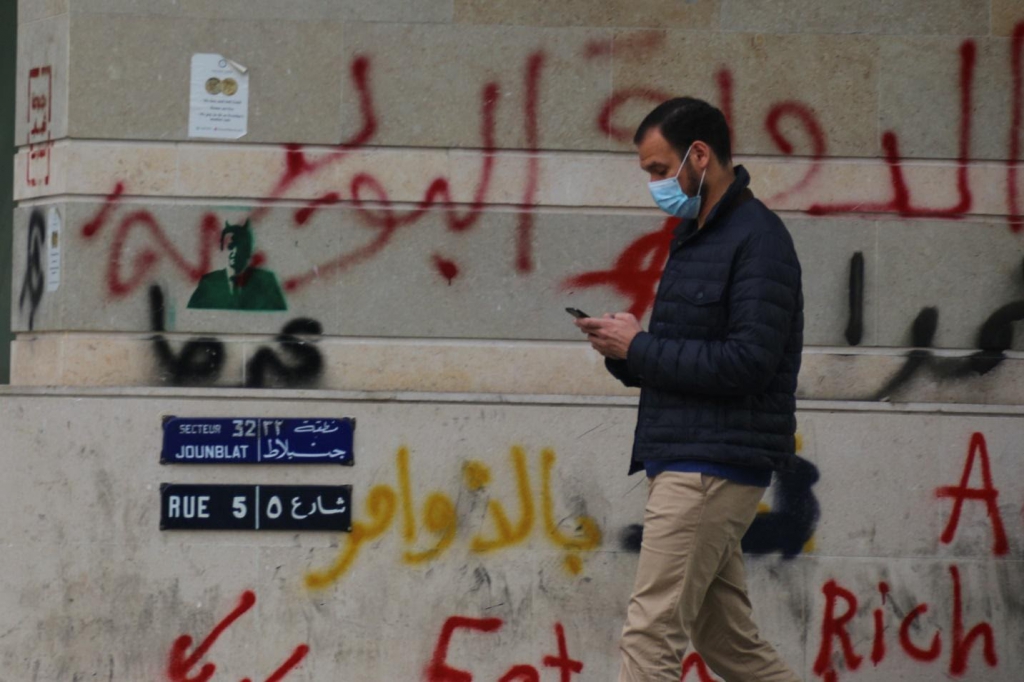


Recent estimates from the Ministry of Economy suggest that, by the end of 2020, more than 60 percent of the Lebanese population will be living below the poverty line.
Gatherings during the lockdown took place in public areas, such as the Corniche, after the closure of restaurants and cafes across the country.
A two-week lockdown is not enough to curb the spread of the coronavirus, a full strategy that targets the economic and health implications of the lockdown must be implemented to end the repetitive loop of lockdowns.
